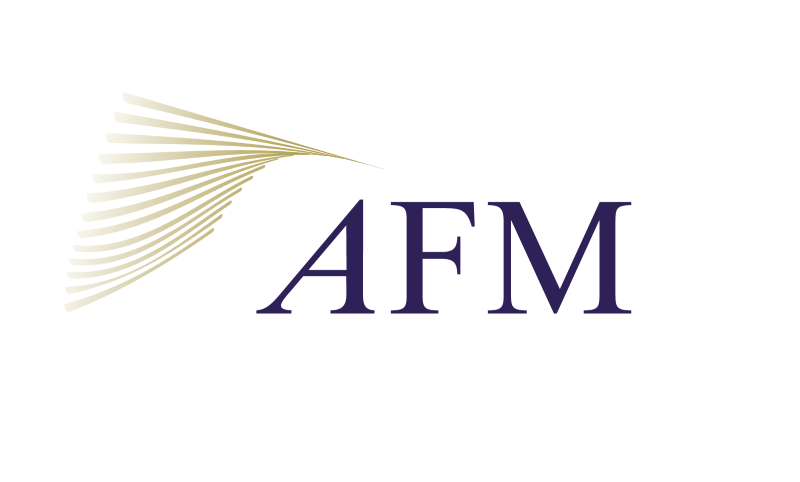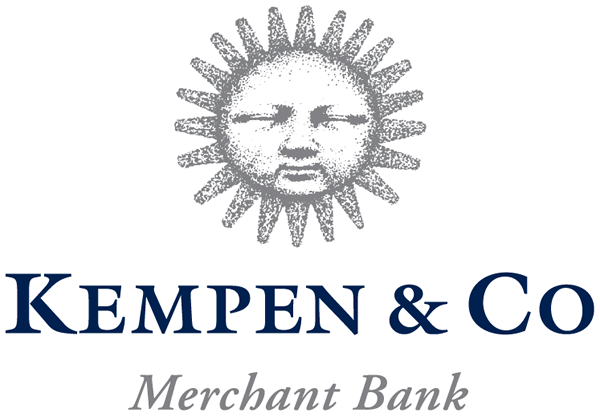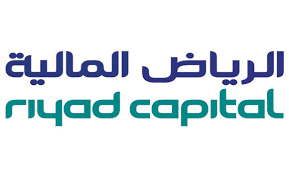Managers, especially those working in the finance sector, are bombarded by macroeconomics and financial news from around the world. Since almost all decisions in this increasingly interconnected world depend on both macro and foreign developments, it is important for managers to understand how to integrate this information into a coherent framework.
In the Understanding Global Macroeconomics program, the participants will be introduced to various aspects of macroeconomics and will get acquainted with the main concepts and policy debates: from economic growth to monetary policy. From inequality to productivity growth and from geopolitics to debt sustainability. We will look into some theoretical foundations of the macro economy: economic growth, institutions, fiscal policy, as well as monetary policy. The international economy, exchange rates, trade policy and optimal currency areas will equally be examined. During the two days you will apply the different insights and methodologies to real-life examples. Recent articles on policy debates will be discussed in plenary: these can range from inflation to protectionism, the impact of AI on monetary policy or the relationship between climate policy and financial stability. During these discussions you will apply the various insights, methodologies and theories to the recent topics that are discussed.
How you will benefit
- Be able to interpret high level articles and policy debates about economics, the main international policy discussions.
- Construct logical relationships between all major macroeconomic variables and entities: technology, productivity, economic growth, demographics, interest rates, climate change, income distribution, exchange rates, domestic politics, international institutions.
- Be able to engage in topical policy debates.
- Tie business decisions to macroeconomic policy debates.
- Apply macroeconomic insights and sources into practical recommendations.
Program length
2 days
| Day 1 | 09:00 – 17:30 |
| Day 2 | 09:00 – 17:30 |
Next step
We offer carefully crafted learning paths designed to help you dive deeper into various facets of finance. Take the next step in your professional learning path by choosing one or more of our specialized programs, for example:
Day 1
Economic Growth
- The role of technology
- Demography: past, present and importance
- Institutions and their effect on growth
- Climate change and economic growth
- Global inequality – good or bad news?
Equilibrium in the Economy
- The goods market
- The financial market
- The demand for money
- Banking 101 – bank runs, money multipliers, monetary policy and banking
- The IS/LM model with open economy and exchange rates
- Exercises, case studies and assignments
Day 2
Fiscal Policy
- Fiscal Multipliers – applied to IS/LM (with open economy and exchange rates)
- Debt, deficit, interest rates, risk premia and debt sustainability
- A look into the current fiscal sustainability of different countries
- Exercises, case studies and assignments
Monetary Policy
- The history of money
- The history of monetary policy
- From money targeting to inflation targeting
- From deflation to inflation to hyperinflation
- From independent central bank to politicized central bank
- Unconventional monetary policy
- Exercises, case studies and assignments
Insights on Central Banking, Growth, Inflation, Interest Rates and Exchange Rates in Current Policy Debates
- Optimal currency areas: is the eurozone an optimal currency area?
– Application to other regions
– Policy discussion and case studies - Does growth come at the expense of climate?
- Degrowth? The moral case for economic growth.
- Is economic growth desirable?
- Impossible trilemmas – Rodrik’s as well as others’
Program preparation
There is some preparatory work required for this program. Pre-readings consist of case materials, chapters of a book and/or a few articles. These materials will be made available on a password protected webpage a few weeks prior to the program.
To ensure maximum benefit from the program for participant and fellow-participants, we strongly advise to prepare prior to attending.
Read more
> Alumni tell us about AIF’s in-depth programs (Understanding Global Macroeconomics)
Understanding Global Macroeconomics is applicable to any business professional, coming from a broad range of disciplines in finance, corporate and strategic planning, advisory work, and financial regulatory bodies.
Prerequisite
Proficiency in English is vital for following this training program effectively.
Is this program not the right fit for you?
We offer other programs which you might find more interesting or useful, such as



















